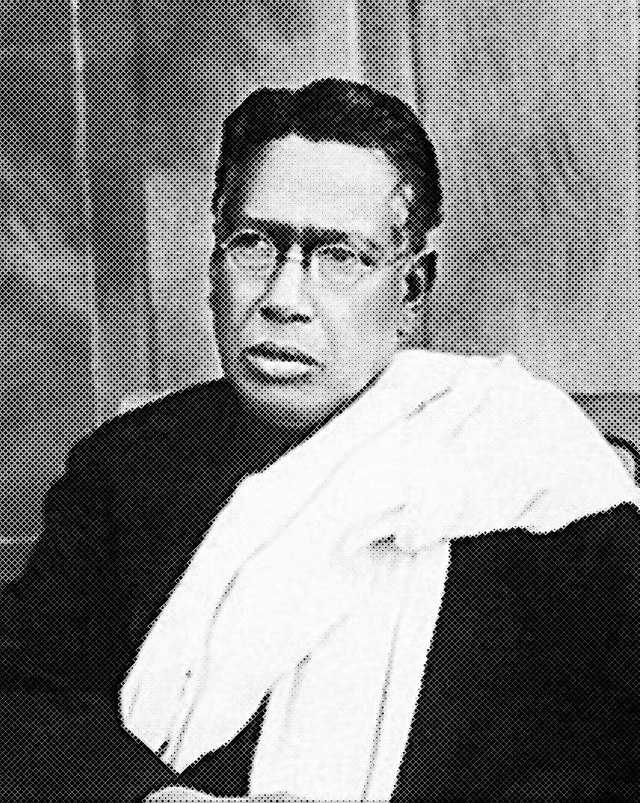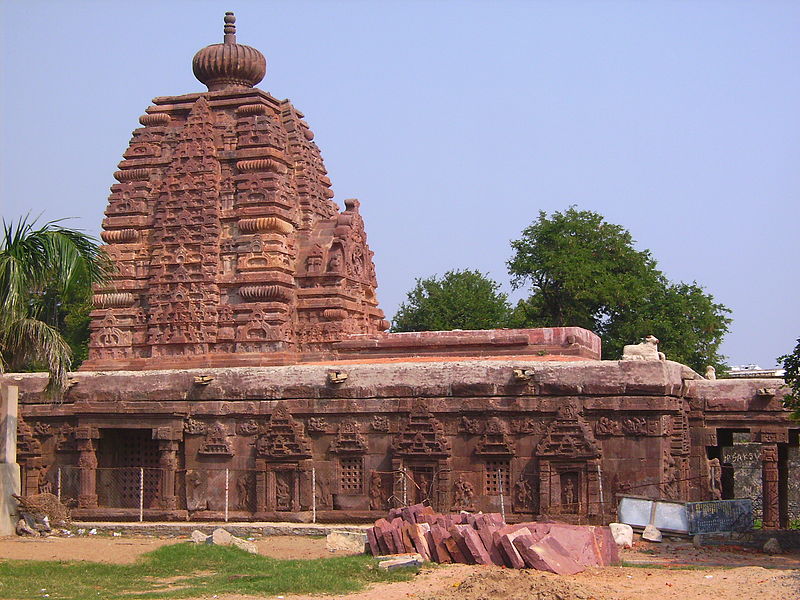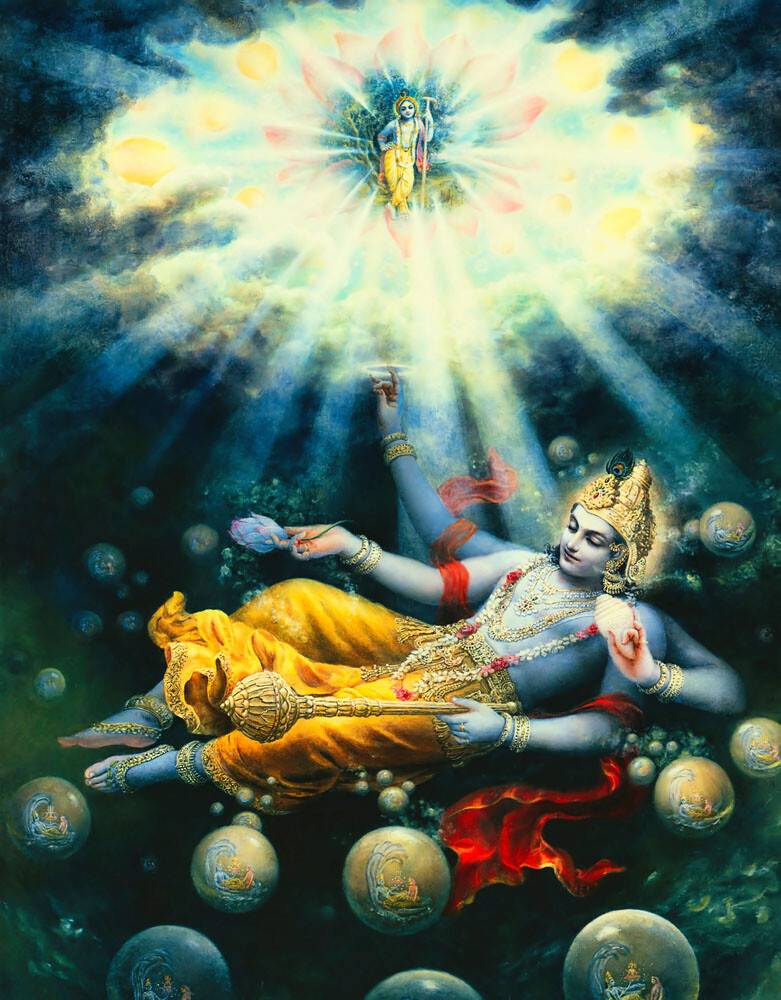Unveiling the Indomitable Spirit: Delving into the Life and Legacy of Bipin Chandra Pal – The Pillar of Indian Nationalism
Discover the life of Bipin Chandra Pal, a prominent Indian nationalist, educator, and advocate for Swadeshi, who played a pivotal role in India's freedom strugg

When discussing the pioneers of India's freedom struggle, the name Bipin Chandra Pal inevitably comes up. A stalwart of the Indian National Movement, Pal was born on November 7, 1858, in the small village of Poil in Bengal (now in Bangladesh). A key member of the triumvirate 'Lal-Bal-Pal,' he, along with Lala Lajpat Rai and Bal Gangadhar Tilak, was at the forefront of the struggle for independence and the propagation of the Swadeshi Movement.
Bipin Chandra Pal's early education was at the Church Mission Society College (now the St. Paul's Cathedral Mission College) in Calcutta. A voracious reader and a keen learner, he went on to study law and later on, became a successful lawyer. However, his love for his country and people soon turned his attention towards the cause of India's freedom. He joined the Indian National Congress and became known for his impassioned speeches and compelling writings that inspired many to join the freedom struggle.
One of the significant contributions of Bipin Chandra Pal to the Indian National Movement was his role in the Swadeshi Movement. The movement aimed at promoting Indian-made goods over British imports, thereby strengthening the Indian economy and weakening British economic control. As a staunch advocate of self-reliance and self-respect, Pal urged the masses to boycott British goods and instead, use indigenous products. He also played a crucial role in the formation of the All India Trade Union Congress (AITUC) in 1920.
Bipin Chandra Pal was not only an ardent nationalist but also an astute thinker and philosopher. He was a visionary who advocated for a free and united India based on the principles of democracy, secularism, and social justice. He firmly believed in the power of education and propagated the idea of creating a knowledge-based society. His writings covered a vast range of topics, including history, politics, religion, and social issues, and were marked by his profound understanding of Indian culture and heritage.
Despite facing numerous trials and tribulations throughout his life, including imprisonment and financial hardships, Bipin Chandra Pal remained steadfast in his commitment to India's freedom. His unwavering dedication, coupled with his intellectual prowess, earned him the moniker of the 'Father of Revolutionary Thoughts' in India. As we pay tribute to this great leader, let us remember his ideals and strive to uphold the values of unity, democracy, and social justice that he so passionately espoused.




